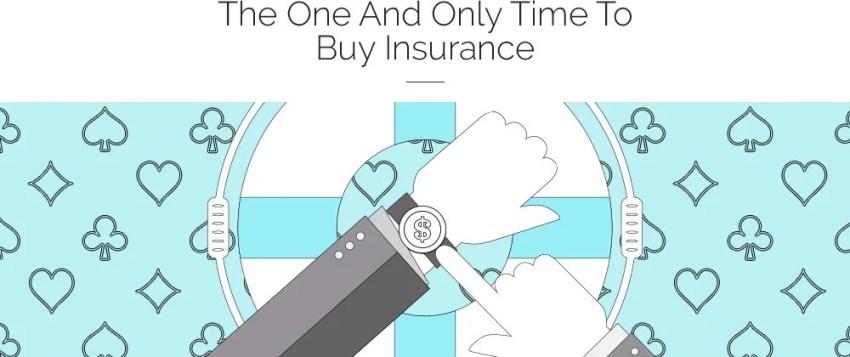Feb 20, 2015 Casino Del Sol Resort, an enterprise of the Pascua Yaqui Tribe, announces the promotion of Kimberly Van Amburg to chief executive officer. Van Amburg has played an integral role in much of the casino resort’s success over the past seven years, previously serving as. Oct 14, 2019 Ms. Van Amburg has served as the Chief Executive Officer of Casino Del Sol, an enterprise of the Pascua Yaqui Tribe, since 2014. She previously served the Tribe for several years in its Office of the Attorney General, and also as Senior Vice President and General Counsel for Casino Del Sol. Prior to working for the Pascua Yaqui Tribe, she was in private law practice for eight years in Texas and Arizona. Nov 07, 2018 Amanda Sampson Lomayesva ’03, M.A. ’07 / General counsel at Casino Del Sol resort; former chief judge of the Hopi Tribe, attorney general of the Pascua Yaqui Tribe, staff attorney at Pascua Yaqui Legal Services, and staff attorney at DNA-People’s Legal Services. Casino Del Sol Resort, Tucson’s premier entertainment destination, named Amanda Sampson Lomayesva as general counsel. In this role, she will oversee and identify legal issues within all Casino Del Sol Resort departments. Dec 04, 2015 Prior to serving Casino Del Sol Resort, she served two years as the Chief Judge for the Hopi Tribe, as well as attorney general for the Pascua Yaqui Tribe. As attorney general, she devoted time to working on numerous issues that affected the Yaquis, including land, water, gaming, code development and criminal justice. Casino del sol general counsel.
Blackjack insurance is one of those game rules you’ll find in almost every version of twenty-one you’ll play, whether you play online or in live casinos. The main reason blackjack insurance is offered is that many players take insurance. Almost 100% of the time, this is a mistake. Insurance in blackjack is a sucker bet–you should never take it. A few exceptions to that rule exist.
As blackjack pays 3/2 and any other winning hand even money, insurance may look attractive. This is an illusion. To Buy or Not to Buy - Blackjack Insurance That Is To Buy or Not to Buy - Blackjack Insurance That Is.
In a rare (but fun) example, let’s say you sit down at the felt, and on your first hand, you flop a straight flush. https://lanlucky.netlify.app/texas-holdem-online-for-two.html.
One gambling expert wrote “insurance is for cars and card counters”. While I can think of a few other cases where insuring oneself is a good idea, that’s a good quote to remember when you enter a casino. When you’re counting cards, you’ll encounter the rare occasion when the numbers indicate taking insurance is a good bet. Other than those cases, blackjack insurance is always a bad idea. Casino close to hoffman estates il. Here’s why.
Should You Buy Insurance In Blackjack

1:1 Insurance – Hedging Your Bets
Blackjack Insurance Strategy
When you get 1-to-1 insurance on your bets, you’re essentially saying you’ll get a paid back if the dealer hits a blackjack. If you take insurance every time, then you’re always paying in. If insurance paid off at 2:1, this might be a good idea. If a natural twenty-one happened 50% of the time, insurance also might be a good idea. Since it doesn’t, you always pay extra, but you’re not getting paid back enough to make it worth your while.

Think about the chances of the dealer hitting a natural 21. Of the 52 cards in a deck, 16 of them have the value of 10: four tens, four jacks, four queens, and four kings. That’s 16 of 52 or 30.7% of the cards. So between 30% and 31% of the time, when the dealer is showing an ace, they are going to hit a blackjack. This means nearly 70% of the time you’re buying insurance, that insurance isn’t going to be useful to you. Insurance is just a bad bet, plain and simple.
When To Take Insurance Blackjack
Card Counting and Insurance
Those wondering why a card count should matter must understand that card counters are trying to keep track of the percentage of high cards remaining in the deck. In a basic card count, the player counts -1 when an ace or ten-card leaves the deck (is dealt), while the player counts +1 when a low card (2 through 6) is dealt. The sevens, eights, and nines don’t count for either side (again, in the basic count). When your count goes into the positive numbers, this means a lot of 10s, jacks, queens, kings, and aces are still in the deck. When enough of these remain, it actually makes sense to take insurance–but that number has to be high.
For most blackjack players who use basic strategy, but don’t count cards, it’s a good rule of thumb to just avoid insurance. In most cases, blackjack insurance is going to be a sucker bet. If you don’t want to spend the time and energy learning when insurance is an advantage play, don’t take it at all. That way, you won’t have to wonder what the player next to you (or the dealer) is smirking about.